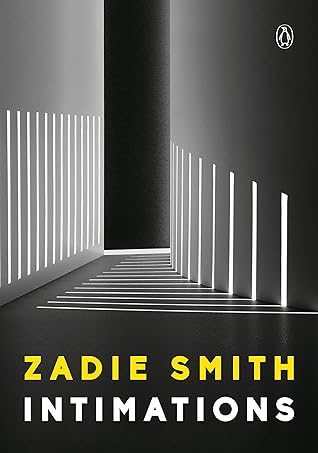More on this book
Community
Kindle Notes & Highlights
Writing is control. The part of the university in which I teach should properly be called the Controlling Experience Department. Experience—mystifying, overwhelming, conscious, subconscious—rolls over everybody. We try to adapt, to learn, to accommodate, sometimes resisting, other times submitting to, whatever confronts us. But writers go further: they take this largely shapeless bewilderment and pour it into a mold of their own devising. Writing is all resistance.
Death absolute is the truth of our existence as a whole, of course, but America has rarely been philosophically inclined to consider existence as a whole, preferring instead to attack death as a series of discrete problems. Wars on drugs, cancer, poverty, and so on.
War transforms its participants. What was once necessary appears inessential; what was taken for granted, unappreciated and abused now reveals itself to be central to our existence. Strange inversions proliferate. People find themselves applauding a national health service that their own government criminally underfunded and neglected these past ten years. People thank God for “essential” workers they once considered lowly, who not so long ago they despised for wanting fifteen bucks an hour.
Confronted with the problem of life served neat, without distraction or adornment or superstructure, I had almost no idea of what to do with it.
Watching this manic desire to make or grow or do “something,” that now seems to be consuming everybody, I do feel comforted to discover I’m not the only person on this earth who has no idea what life is for, nor what is to be done with all this time aside from filling it.


